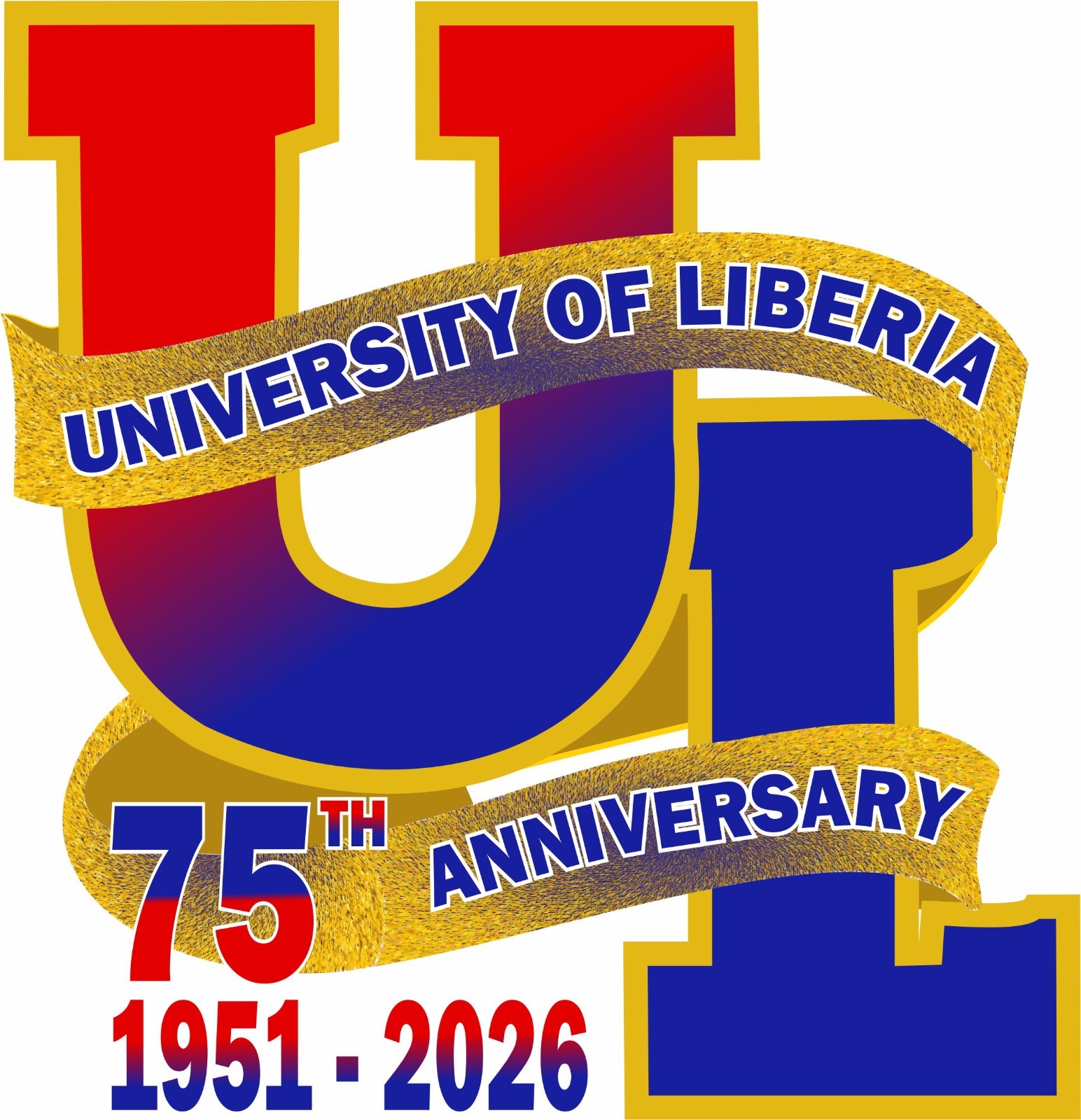UL President Calls for Mainstreaming New Types of Institutional Learning Activities

The President of the University of Liberia (UL), Dr. Julius S. Nelson Jr., has stressed the need to scale up existing learning activities and implement and mainstream new types of transformative learning activities in Liberia.
Dr. Nelson made a “committal for and on behalf of the University of Liberia” in support of the Decade of Action on the Implementation of the United Nations Sustainable Development Goals at the national level. His remarks were delivered during the Lux Talk event on Wednesday, September 30, 2020, which was well attended by stakeholders and international partners at the UL Capitol Hill Campus.
Dr. Nelson indicated that as providers of general, professional, and lifelong education to hundreds of millions of learners around the world, universities have a unique and critical role in achieving the SDG.
He recalled that on July 9 and 10, 2020, the University of Liberia joined over 100 universities from 60 countries and participated in a virtual meeting with the United Nations Secretary General, António Guterres and the Deputy Secretary General, Amina J. Mohammed, in response to a global call for University support to the UN Secretary General’s Decade of Action on the SDGs.
According to the UL President, the University of Liberia was inspired to take action and support the implementation of the SDGs, regardless of UL’s context, capacity or starting point. “As an institution, we are bent on offering practical approaches and guidance, including the case for action, the different ways education for SDGs can be implemented in a university, the outline of a strategic implementation process, the roles of different stakeholders to overcome common barriers and in-depth analysis of transformative examples.
Dr. Nelson however acknowledged that Liberia as a country has specific challenges of sustainable development which, according to him, should now guide the methods of reorganizing the activities of UL, including the curriculum and research programs.
He reiterated that UL programs around sustainable development will be best organized according to the problems they seek to address locally. He noted that the major sustainable development challenges highlighted by the 17 SDGs, as mainstreamed in the Pro-Poor Agenda for Prosperity and Development (PAPD), include: ending poverty and hunger (SDGs 1&2); universal access to key services such as health (SDG 3), as well as education (SDG 4), among others.
At the same time the UL President disclosed that the university has already applied for membership to the United Nations Sustainable Development Solutions Network (SDSN) to forge global networks and partnerships of universities. According to Dr. Nelson, the purpose is to strengthen both national and global problem solving.
He declared that preparations, together with the university’s application process, have already started and that UL has also embarked on the process of establishing institutional link with the Global University Network for Innovation (GUNi). Created in 1999, GUNi is a network currently composed of 249 members from 80 countries, which includes the UNESCO Chairs in Higher Education, higher education institutions, research centers and networks related to innovation and the social commitment of higher education.
Commenting on UL’s “committal” in support of the decade of action on the implementation of the SDGs, Dr. Nelson cited the creation of new academic programs for the undergraduate colleges, graduate and professional schools, biodiversity, climate change and environmental sciences, public health, nursing and midwifery, the Honors College of Research and Gender Studies and an entrepreneurship program.
He promised that UL will continue to build new organizational units to house many or most of its programs of sustainable development. Dr. Nelson also discloses that UL’s new educational programs will enable students to be trained in sustainable development, ideally at each level of higher education.
He however, declared a plan to establish networks linking the SDSN, the United Nations Academic Impact, the United Nations University, the International Association of Universities, the World University Network and others, partnering together to accelerate the achievement of the SDGs.
During the occasion, UL Vice President for Institutional Development Prof. Weade Kobbah Boley deliberated on major investment plans of the university, including a printing press and a public private partnership, aimed at developing facilities that are mutually beneficial.
She told the gathering that UL’s Fendall campus officially has 5,800 acres of land, of which majority has been allocated to the university’s Agriculture College, due to the institution’s commitment to food sustainability and preparation of students. “We have to put out graduates that are not just job seekers, but are also employers,” she stressed.
In a brief remark, Assistant Prof. Thomas Kaydor, who is also a Deputy Minister at the Ministry of Foreign Affairs, calls on countries to take practical actions to ensure that they can achieve either all the goals in the SDGs or some of them.
Education Minister, Prof. D. Ansu Sonii, urged the re-initiation of the association of Liberian universities so that universities are seen here as an enterprise that has a role to play and they can present their roles.
Minister Sonii also disclosed that sex-education has now formed part of the curriculum, which he said is being funded by UNFPA. According to him, there is little research being done on why girls, especially in secondary school, drop out.

